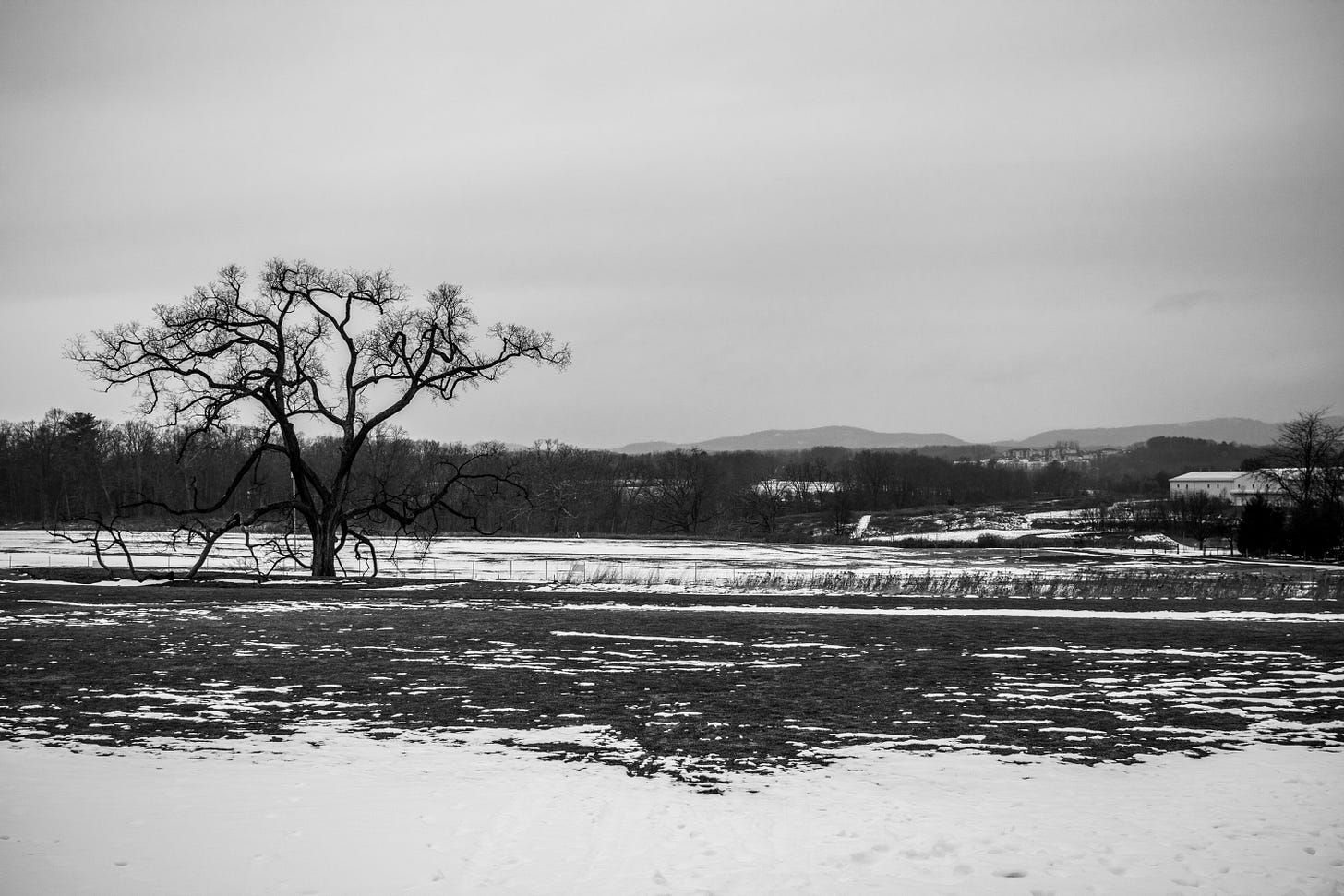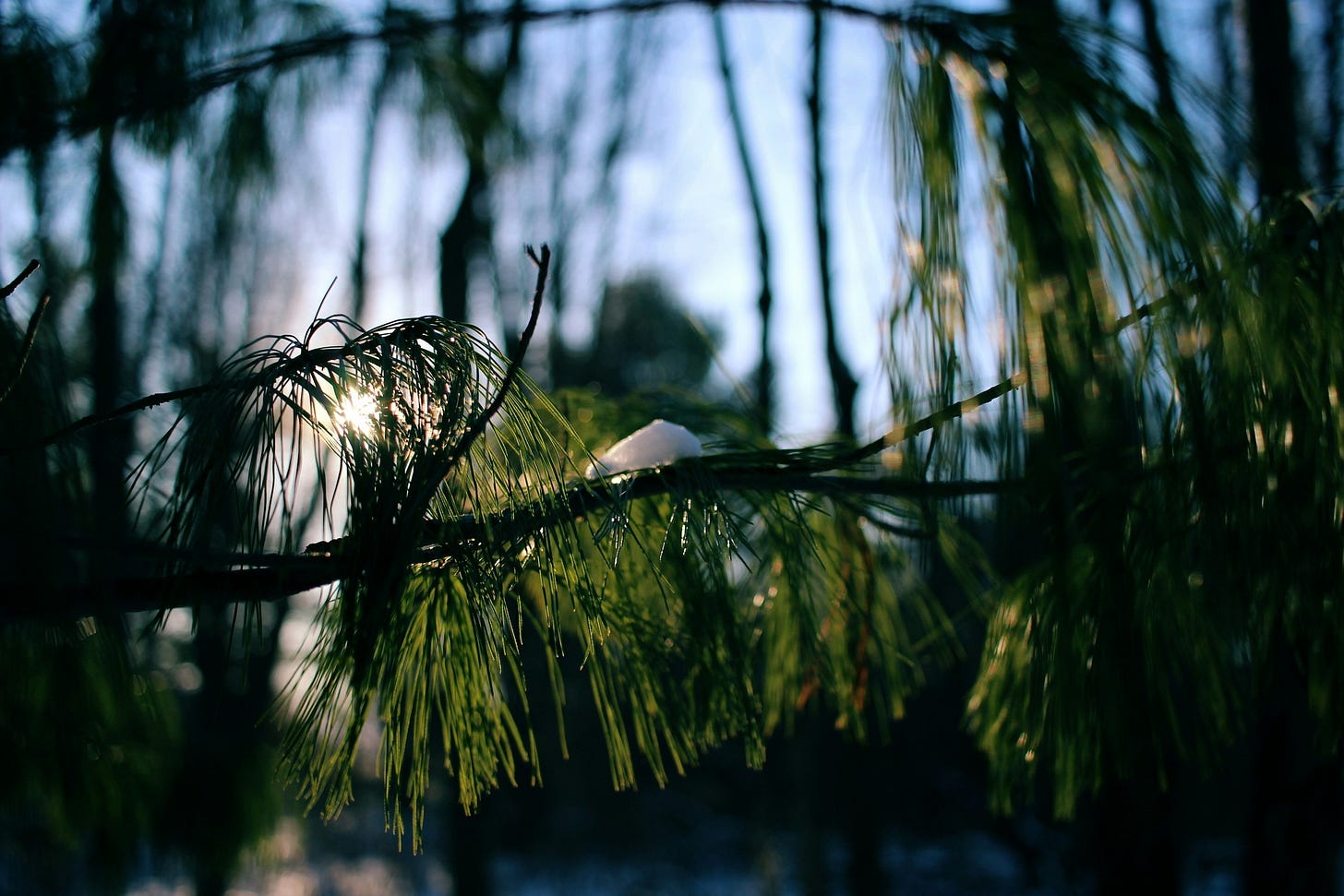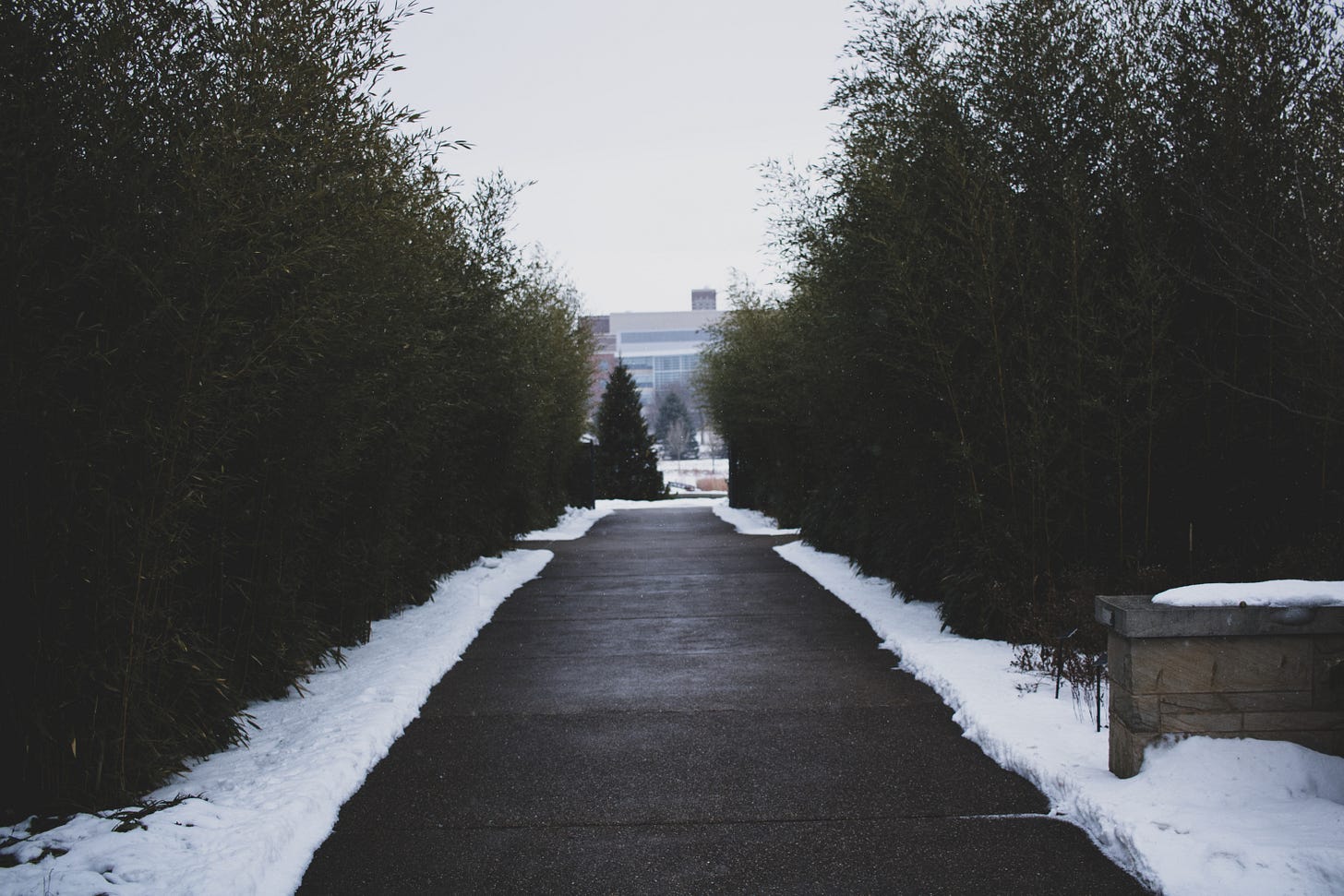Brief Ecology #7
The state of things
Despite the recent inactivity, Brief Ecology is not dead! It's been a busy (and, honestly, depressing) few months, but I'm renewing my commitment to this newsletter.
Because it's been a while since my last post, I want to give a few updates with respect to my own research and also some thoughts on the current attacks against science nationally.
Personal News
Earlier this month I wrote an oped for my hometown newspaper, The Herald Republican, about why federal funding and science agencies are critical to the well-being of Hoosiers. You can read it here.
I recently had an article accepted at Nature Reviews Biodiversity, which I'll be sure to share widely once it's published.
I (and my colleagues) also recently completed some research here at Penn State. We've been working on a project analyzing the impact of timber harvesting on ecosystem service capacity of small forests. I submitted this paper to the journal Ecosystem Services earlier in February, and will hopefully get good news about its publication soon.
The Eco-update #2
2024 was the hottest year ever recorded, globally
Last year was the first year to exceed the dangerous threshold of 1.5 degrees C of planetary warming. It's unclear what immediate impacts this will have, but the US is already seeing intensified hurricanes, floods, and wildfires as a result of ongoing global warming.
The Trump administration is cutting research funding if it mentions climate change
Despite the catastrophic disasters that have already occurred, and will only worsen, the current administration continues its anti-intellectual agenda by cutting funding for climate change research. This will be disastrous for our country and planet.
Canada is building the largest urban solar power plant in North America
There is some good news. As the cost of renewable energy development plummets, it's becoming cheaper and cheaper to build sustainable energy. This project in Canada is just the latest in the rapidly increasing transition from fossil fuels.
Thoughts on current events
To be honest, I'm not sure where to begin. It's hard to keep up with the flurry of attacks against research, higher education, and science in general. It's a nearly daily onslaught of news about the latest rounds of grant eliminations, firings, research censorship, and threats. I've seen some of the brightest and most dedicated scientists losing their jobs and funding under the false guise of "eliminating fraud". It's a cowardly attack against anything that could challenge the veil of anti-science nationalism that conservatives have been trying to pull over the eyes of Americans for years. Given that this has direct impacts on my research, I wanted to try to collect some of my thoughts on what's happening.
Maybe the best place to start is to simply state that what "DOGE" is doing is not what is says it is doing. The "savings" accrued by slashing research budgets is a fraction of a percent of the national budget. In fact, eliminating all federal funding for research and firing all federal employees wouldn't even put a dent in the budget deficit. It would, however, thoroughly destroy the country.
So, if cost-saving isn't the point, what is? Well, one interesting development is that DOGE-directed layoffs are overwhelmingly targeting agencies that were investigating Elon Musk's companies. And since spending roughly $300 million to get Trump elected, Musk has become hundreds of billions of dollars richer since the election. It's a grotesque amount of wealth, but the sickening hypocrisy is that Musk's fortune was built by being the largest recipient of federal money in US history.
What we're seeing is the billionaire class coordinating a weaponization of the federal government in order to make themselves richer. Anyone telling the truth about the grift is an enemy.
I've talked to some Trump voters about this, and I've found myself at a loss at how to convey the reality of what's occurring, let alone its scale and severity. In these conversations I'm met with skepticism and usually a refusal to believe. There's simply nothing that can compete with a worldview that's been carefully constructed by conservative media for decades.
I think a full-blown combination of economic, environmental, and health crises is the only thing that will make Trump's supporters actually regret getting what they wanted. Unfortunately, that seems to be exactly where things are headed. I don't know what, if anything, I can do about it, given that my own research and future career is being threatened. But maybe science and political education is a place to start.






in these times of trouble we must build
That op-Ed was 👍🏽